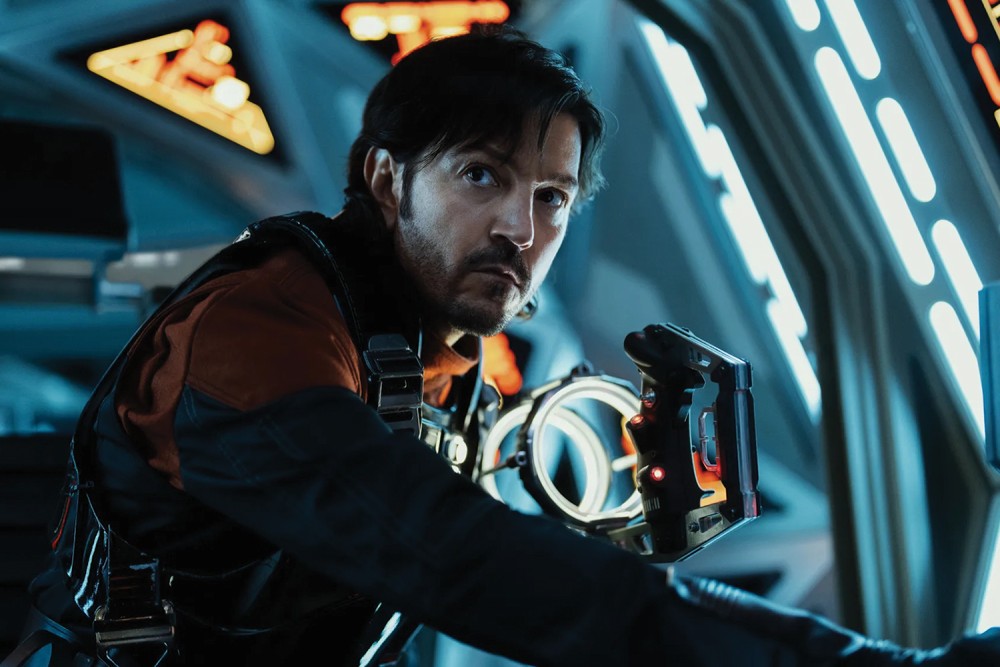The costs of rebellion
Andor demonstrates that Star Wars is still one of our most compelling fictional accounts of imperial power—and the various means of resisting it.

“If I die tonight, was it worth it?” Niya (Rachelle Diedericks), a new recruit to the rebellion, asks Cassian Andor (Diego Luna), as they prepare for a dangerous mission to steal an experimental ship prototype. “This makes it worth it,” Cassian replies. “Being here at the moment you step into the circle. Look at me. You made this decision long ago. The Empire cannot win. . . . You’re coming home to yourself. You’ve become more than your fear.”
This is in the very first scene of the second season of Andor, a spin-off of the sprawling Star Wars universe (streaming on Disney+). Even if you haven’t kept up with the vast mythology that has coalesced around the galaxy far, far away, you may remember the climactic scene in the original Star Wars movie from 1977 when Luke Skywalker destroys the Empire’s planet-imploding weapon, the Death Star, with a precisely targeted shot aimed at its only internal weakness. In 2016, the movie Rogue One (directed by Gareth Edwards) told the story of the team of Rebel agents who acquired the plans that revealed that weakness. That team was led by Cassian Andor, who hinted at his complex history within the Rebellion. Andor gives us his backstory, and the history of the Rebellion itself, in two fantastic, tightly constructed seasons.
If a prequel to a prequel sounds like falling into a rabbit hole of Star Wars nerdery, never fear: Andor is one of the most complex, carefully crafted television series I’ve watched in many years, and other than the settings and costumes, you might forget the larger mythological context. In my review of J. J. Abrams’s The Rise of Skywalker (“In Star Wars, how universal is the Force?” Jan. 29, 2020), I lamented the way this ninth Star Wars film doubles down on dynastic power and reduces the entire mythology to Emperor Palpatine’s personal immortality quest. In The Last Jedi and several spinoff series, like the excellent animated series Rebels, we were offered the promise of a new side to the mythology, one less about “the hero’s journey” or an eternal battle between Jedi and Sith Lords and more about the cruel, unrelenting machinery of Empire and the ordinary people who resist it.




